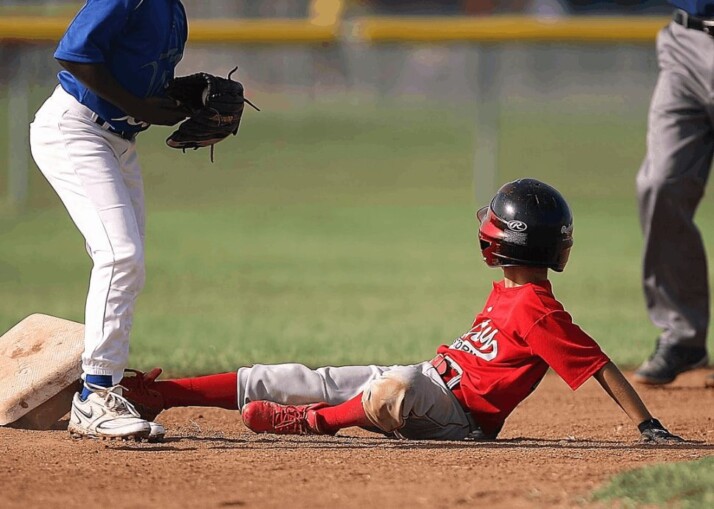There are instances when English spelling problems can occur. This was because English borrowed many words from other languages without any limitations.
The Germanic language English retains over 60% of its vocabulary in French, Latin, and Greek. This allows you to pronounce the same sound in several ways.
In addition, there has never been a concentrated effort to standardize and streamline spelling. This language differs among former colonies as well and is spoken worldwide.
The combination of all of these factors creates a messy situation, at least spelling-wise. That’s why we decided to dedicate today’s article to the words lose and loose. Is it lose or loose?
Which one is correct and which one is a typo? We are also going to answer the question of how to spell lose and loose to help you in your future writing.
Is it Lose or Loose?

So, which one is correct? Do we have to write with one “o” or two?
Well, the answer is both! Both of these words signify completely different things, so neither of them is wrong! However, it is important not to get them confused with one another, of course.
With just one “o” making the difference between “loose” and “lose,” it is understandable that both words get misused from time to time.
Loose is an adjective the meaning of things that are not tight or securely contained. You can also use it as a verb for releasing or setting free. In this aspect, we can say you can use it synonymously with release. Although, loose as a verb isn’t that common. If you see the word loose, more often than not, it is going to be an adjective.
When to Use Lose
Lose is a verb that means failure to win something, such as a game in sports, or failure to gain an advantage. It also means you are unable to locate something you have lost, such as lost your keys or lost direction in a new place.
The fundamental difference between them is pronunciation. The phonetic transcription of the pronunciation of lose is “lOOz.”
On the other hand, the phonetic transcription of the pronunciation of loose is “lOOs.” So one has an “S” sound, whereas the other has a “Z” sound.
Let’s take a look at some example sentences to learn the difference in a better way.
Examples With Lose and Loose
- We have to hurry; we are losing time!
- I need to tighten my belt; my pants are too loose!
- You have to discipline him; he is a loose cannon!
- The boxer took money to lose the match willingly.
- I always keep some loose change with me to use at vending machines.
- I am losing my patience; answer me now!
- The ring is too loose; you are going to lose it if you go swimming!
- Nowadays, everyone wears loose and baggy clothes!
- She is going to lose her temper when she hears this!
- Game over — you lose. Feel free to practice more before facing me!
To Wrap Up
While using the word “loose” can have many meanings and connotations, the word “lose” means that the object you are referring to is outside of your possession for whatever reason. So if you lose your pen and it’s not in your possession anymore, it would be correct to say that you lost your pen.
Explore All Spell Check Articles
How to Improve Your Spelling As an Adult
Both native speakers and language learners find English spelling tough to master. Because English is a language that absorbs new…
How to Spell Yesterday — a Quick Spelling Guide
There are times when English can seem confusing. Many of the words in English are freely borrowed from other languages.…
Can’t Spell Review? Read This Right Away!
There are times when English spelling can appear confusing. English borrows many of its words from other languages. This Germanic…
How to Spell None — a Quick Spelling Guide
Sometimes, English spelling can seem perplexing. Many of the words in English originated in other languages. Germanic language English consists…
Having Some Issues? Correct Spelling of Issue!
English may seem confusing at times. Many of the words in English were freely borrowed from other languages. Languages such…
The Correct Way of Spelling Decide!
English spelling can sometimes seem confusing. English borrows many of its words from other languages. English, a Germanic language, consists…
